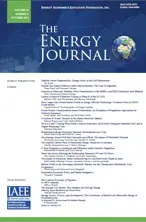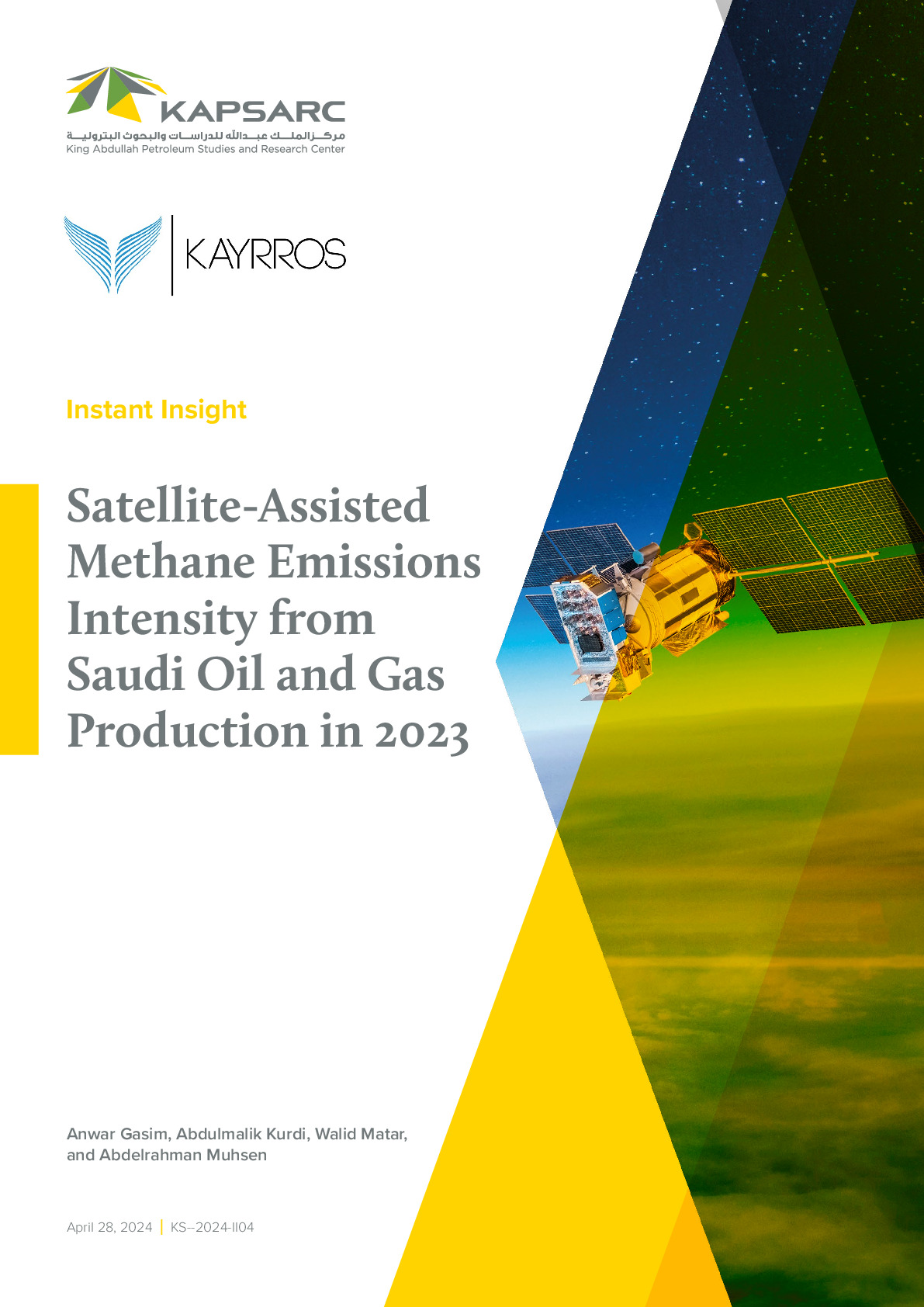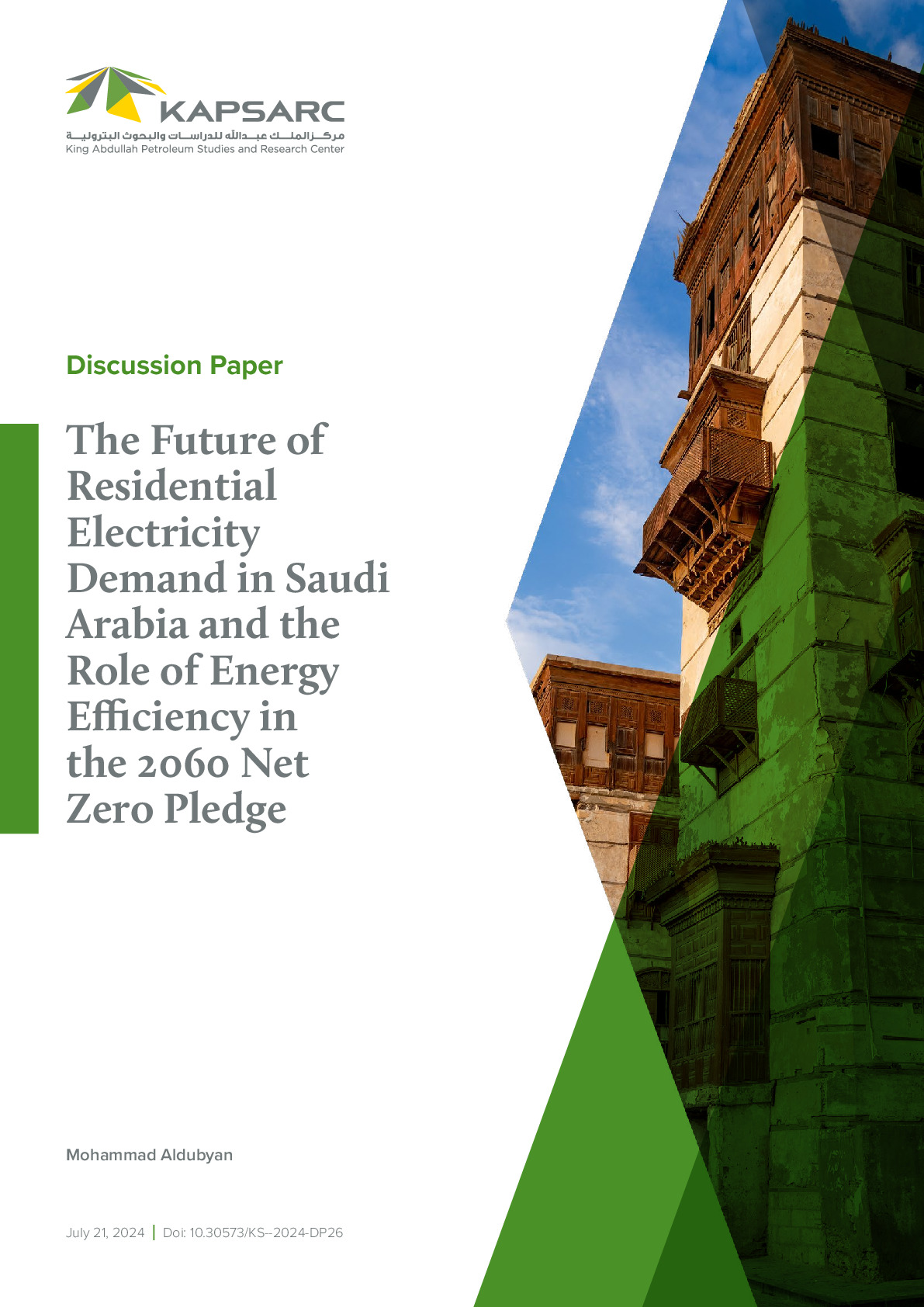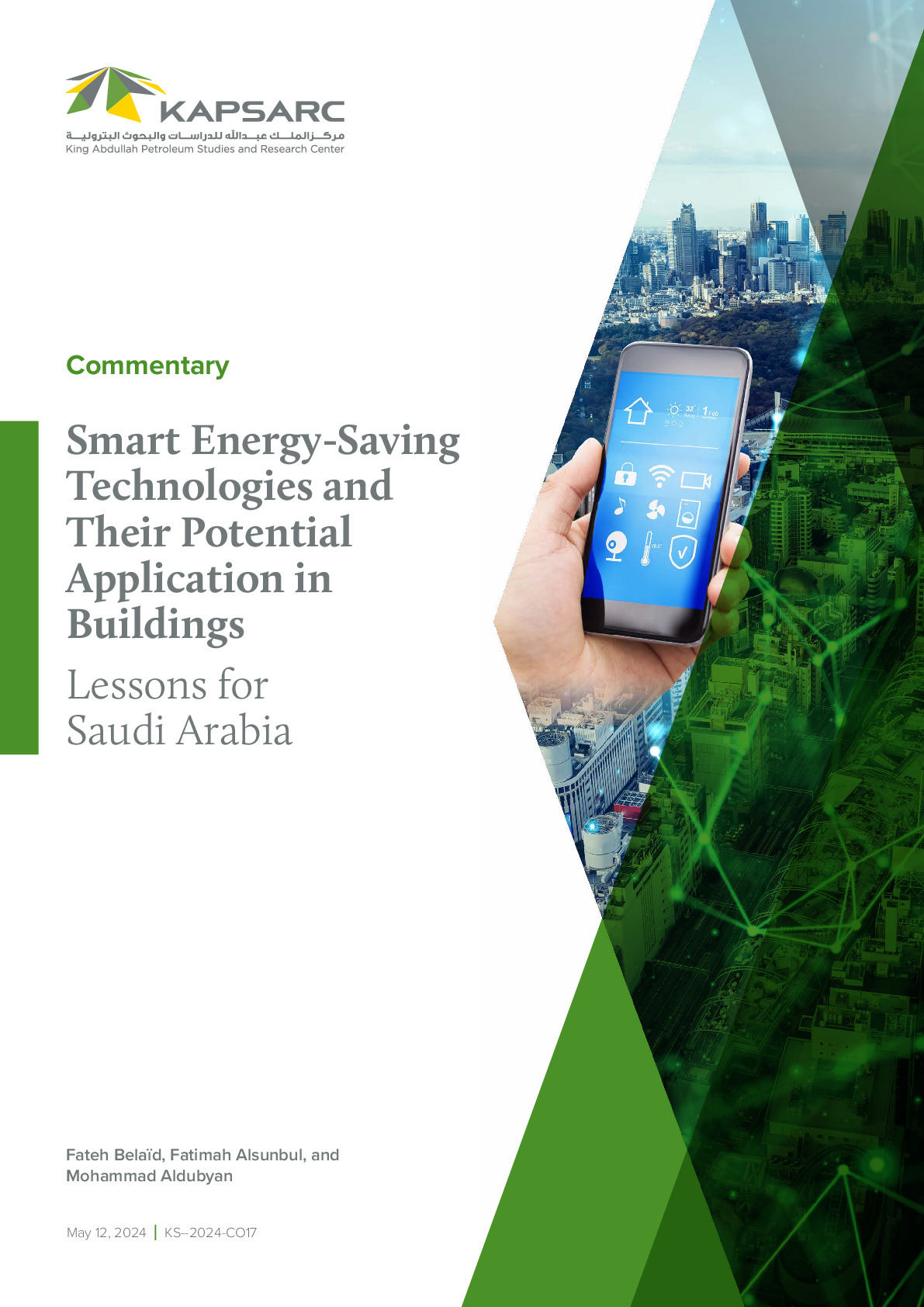Saudi Arabia has been adjusting gasoline prices on a quarterly basis since the start of 2019, with the most recent adjustment occurring on July 14, 2019. These adjustments depend on changes in international oil prices, and are smaller than the major changes in gasoline prices that occurred because of the energy price reforms of 2016 and 2018.

Fellow II
Anwar is an energy and environmental economist with an engineering background and over a decade of research and advisory experience…
Anwar is an energy and environmental economist with an engineering background and over a decade of research and advisory experience around the areas of energy demand, greenhouse gas emissions, energy price reform, and carbon pricing. He currently leads multiple cross-functional teams on key projects tackling these areas, with a proven track record of publishing high-impact papers, providing consulting services to policymakers, and building the capabilities of talent within the organization. Anwar’s research has been published in leading energy and environmental journals and has been picked up by leading news media. Anwar also has experience transforming organizations, having been a member of task forces responsible for refreshing organizational strategy and building human capital. Anwar is currently wrapping up a Ph.D. from UCL in Sustainable Resources (sub-specialization in Economics). He holds an M.Sc. from KAUST in Electrical Engineering and a B.Eng. from the University of Liverpool in Electronics and Communication Engineering.
Expertise
- Energy price reform; Energy demand; Measuring GHG emissions; Carbon pricing; Carbon markets
Publications See all Anwar Gasim’s publications

Projecting Saudi Arabia’s CO2 Dynamic Baselines to 2060: A Multivariate Approach
Saudi Arabia has been adjusting gasoline prices on a quarterly basis since the start of…
12th June 2024
Satellite-Assisted Methane Emissions Intensity from Saudi Oil and Gas Production in 2023
Saudi Arabia has been adjusting gasoline prices on a quarterly basis since the start of…
28th April 2024


